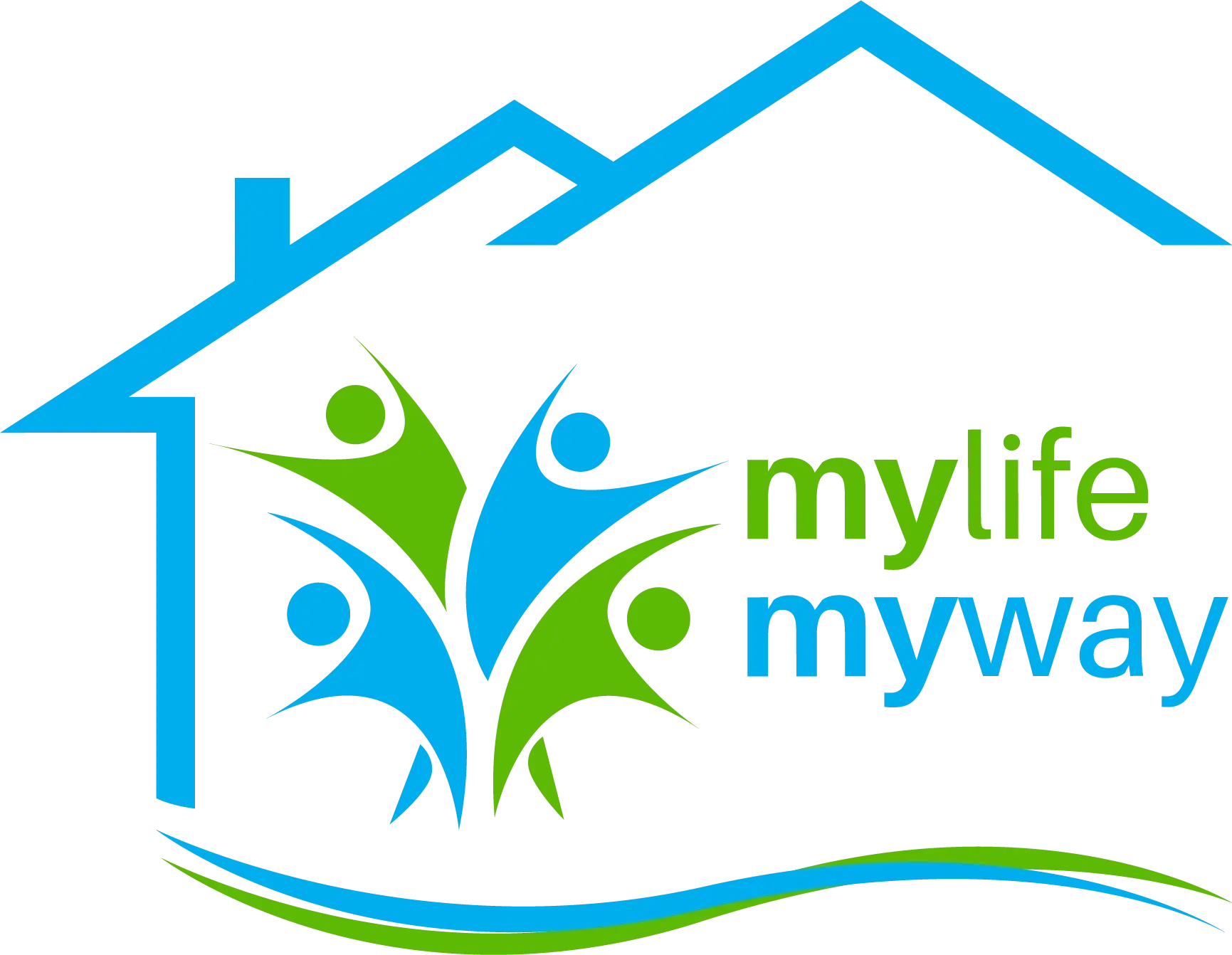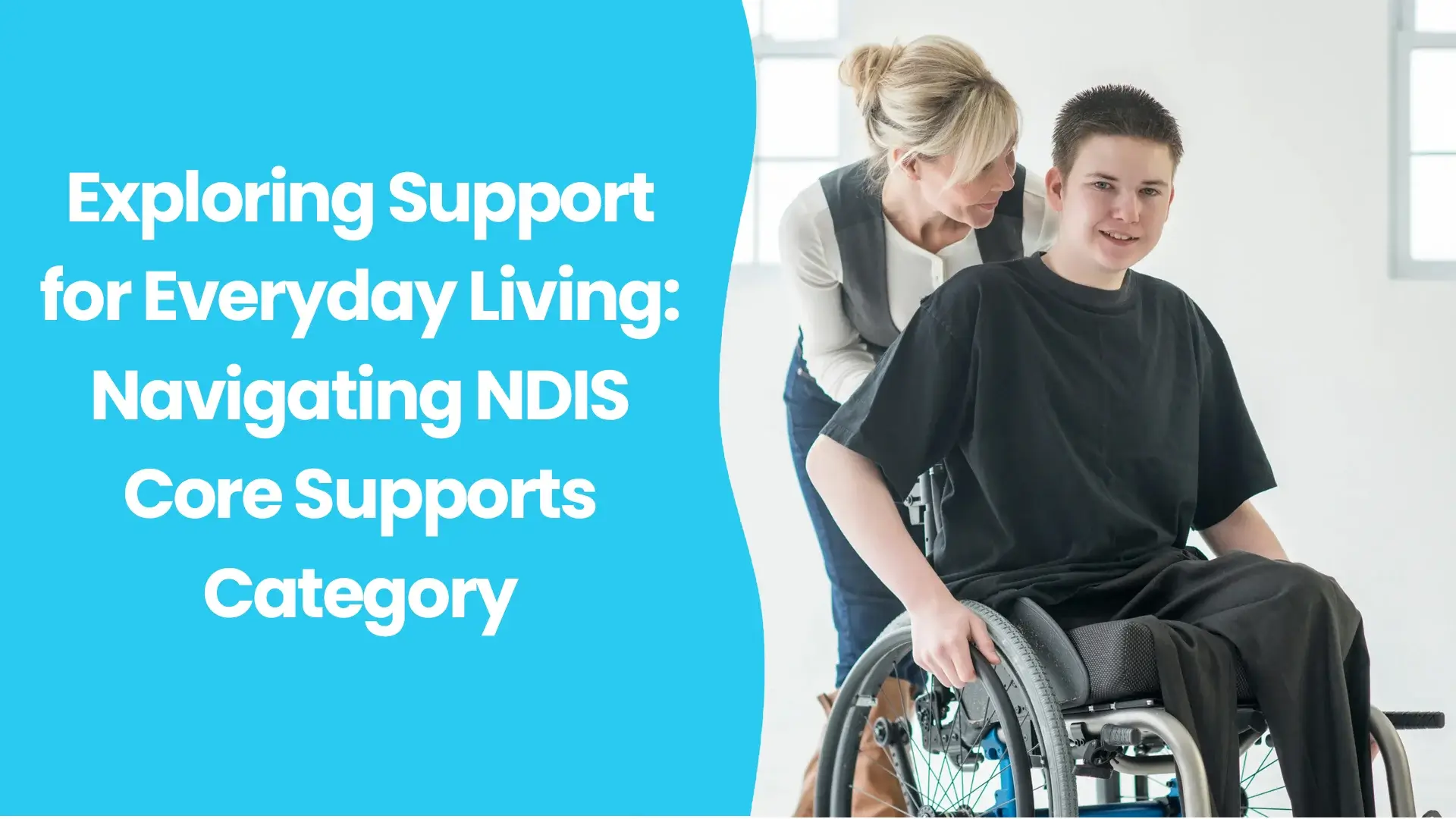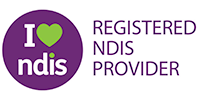Introduction
Sometimes, we all need help, and having the right support can help us focus on our big dreams and goals. If you’re approved for NDIS funding for daily living assistance, you might get help with personal tasks or household chores to become more independent and improve your life skills. In this blog, we’ll explain how much NDIS funding you can get for daily living help, what it can be used for, and why this support is so important.
What is Core Support for NDIS?
The National Disability Insurance Scheme (NDIS) might seem complicated for people with disabilities, their families, and caregivers, but it can offer the help you need. With Core Supports, you can handle daily tasks, work towards your goals, and address your disability-related requirements. When you have NDIS core support funding, you may use it flexibly for different supports. Sometimes, it might be a bit challenging to find flexible funding for things like consumables and transportation.
Category 1: Assistance with Daily Living
Helps you become more independent while you’re at home. Covers things like getting help with cooking, cleaning, gardening, taking showers, and getting dressed. It also includes respite care when needed.
Category 2: Transport Allowance
If you can’t use public transportation because of your disability, this choice might be open to you. It helps pay for the transportation you need to get to services outside your home. The NDIA will give the money directly to you or your transportation provider in advance, typically every two weeks or every month.
Category 3: Consumables
This covers basic items like nutrition, continence products, colostomy bags, and tools to help with dressing. It can also include simple, low-cost assistive devices like a kettle stabiliser, a walker, sensory equipment, or apps for your smartphone, tablet, or, in some cases, an iPad or tablet. Additionally, it can cover costs related to an assistance dog, like pet insurance and grooming, as well as interpreter services. An occupational therapist can help you figure out what you need in this category.
Category 4: Assistance with Social & Community Participation
This helps you take part in community, social, and fun activities. It pays for the costs associated with participating, but not for the activity itself (which might be covered under the ‘Increased Social & Community Participation’ category). For instance, it’s unlikely to cover tickets for concerts or sports events, but you can use the funds to hire a support worker to help you go to these events.
What is Assistance with Daily Life?
Assistance with Daily Living is a part of the NDIS Core Supports category. Its main aim is to provide you with the help you need for your everyday personal activities so that you can live as independently as possible at home and in your community.
Since everyone with a disability has unique needs, the kind of daily support you get may be different from what someone else receives. That’s why NDIS assistance for daily life is customised to suit your specific needs. This way, everyone can get the support they require to live a more self-sufficient life.
Your NDIS plan can include various types of assistance, such as:
- Personal help on a daily basis.
- Assistance with household chores.
- Living in a shared home with others.
- Independent living with some help (SIL: Supported Independent Living).
- Short-term assistance and accommodation (also known as respite care).
- Home and community-based support is also available.
- The goal is to make sure you have the right assistance in your daily life to help you live more independently.
What types of assistance are provided in daily life?
When we talk about NDIS assistance with daily life, we’re referring to all the things we do every day. This includes tasks like getting up and taking a shower, eating meals, getting dressed, and leaving the house.
Here are some examples of what assistance with daily life support might involve:
- Helping you get ready for the day, which could include getting out of bed, showering, and getting dressed.
- Assisting with household chores, like doing the dishes, cleaning, or gardening.
- Aiding in meal preparation or covering the cost of meal delivery services.
- Helping you navigate your neighbourhood and use public transportation.
What is not covered by this support?
The NDIS won’t cover:
- The cost of food or ready-made meals (they only cover the preparation and delivery expenses).
- Expenses for household items like cleaning supplies.
- Toiletries and makeup that are unrelated to your disability.
- Payments for rent, board, or mortgage.
- Tickets for events, concerts, and movies.
How does the NDIS help with daily living?
When we talk about daily living with the NDIS, we mean all the usual things you do in a day, like getting up, taking a shower, eating, and moving around.
The Daily Living Assistance budget is there to support you in doing these tasks. You can use this money to hire support staff who can assist you with these tasks or keep an eye on them. You can also use it to hire helpers to do these tasks for you if you can’t do them by yourself.
Eligibility for NDIS funding for daily living assistance
If you have funding for “Assistance with Daily Life” in your Core Support budget, you can get this kind of help. To check if you already have this funding, look for “Assistance with Daily Life” in your plan or “Daily Activities” in your Myplace portal. A good plan manager can tell you if you qualify for this funding and how much you have received if it’s already in your plan.
How Can you Get Assistance with Daily Living?
Getting assistance for everyday activities through the NDIS is decided individually for each person. So, it’s important to be ready for your NDIS planning meeting with your planner. During this meeting, you’ll talk about why you need this support for your daily needs and to achieve your goals. It’s a good idea to gather evidence that supports your request, like disability reports or recommendations from your doctor, explaining how this assistance will help you. If it’s considered “reasonable and necessary” for your situation, your LAC or NDIS planner will include it in your plan.
How can a support coordinator assist you in making the most of this funding?
Support coordinators can be helpful because they have connections and can link you with the right people to meet your needs. At My Life My Way, we have a team of experienced NDIS support coordinators who will help you learn how to understand, implement, and use your NDIS plan. With over ten years of experience in the NDIS and the disability field, our team has a wide network of trusted service providers. This means we can help you connect with and establish relationships with the right providers for your daily tasks. Whether you need a gardener or help with meal preparation, our expert support coordinators will connect you with the assistance you need.
Assisting you in living independently
If you can take care of yourself but still need some help, our Assistance with Daily Living services can lend a hand. With this assistance, you can continue living in your own home. A member of our My Life My Way team will visit your home for a few hours each week, depending on how much help you need. Our friendly and knowledgeable staff can assist you with:
- Supporting you in living independently at home, including daily tasks like cooking, basic cleaning, and even gardening if you’d like.
- Helping with personal care tasks such as grooming and reminding you to take your medications for your well-being.
- Making new friends and improving social skills to build new relationships.
- Teaching you how to stay safe at home, whether you need a lot or just a little assistance.
- Assisting in developing your individual skills and achieving your goals.
- Aiding with budgeting and setting financial goals.
- Providing travel training to help you travel independently and confidently, or offering transportation assistance if necessary.



